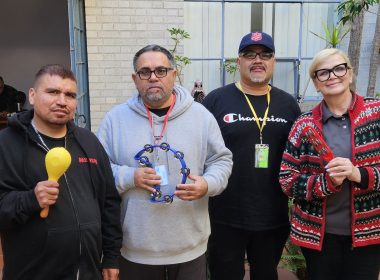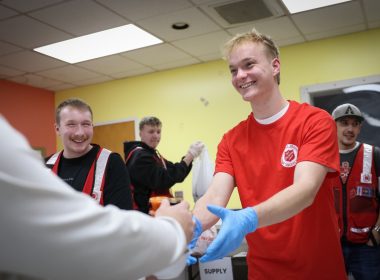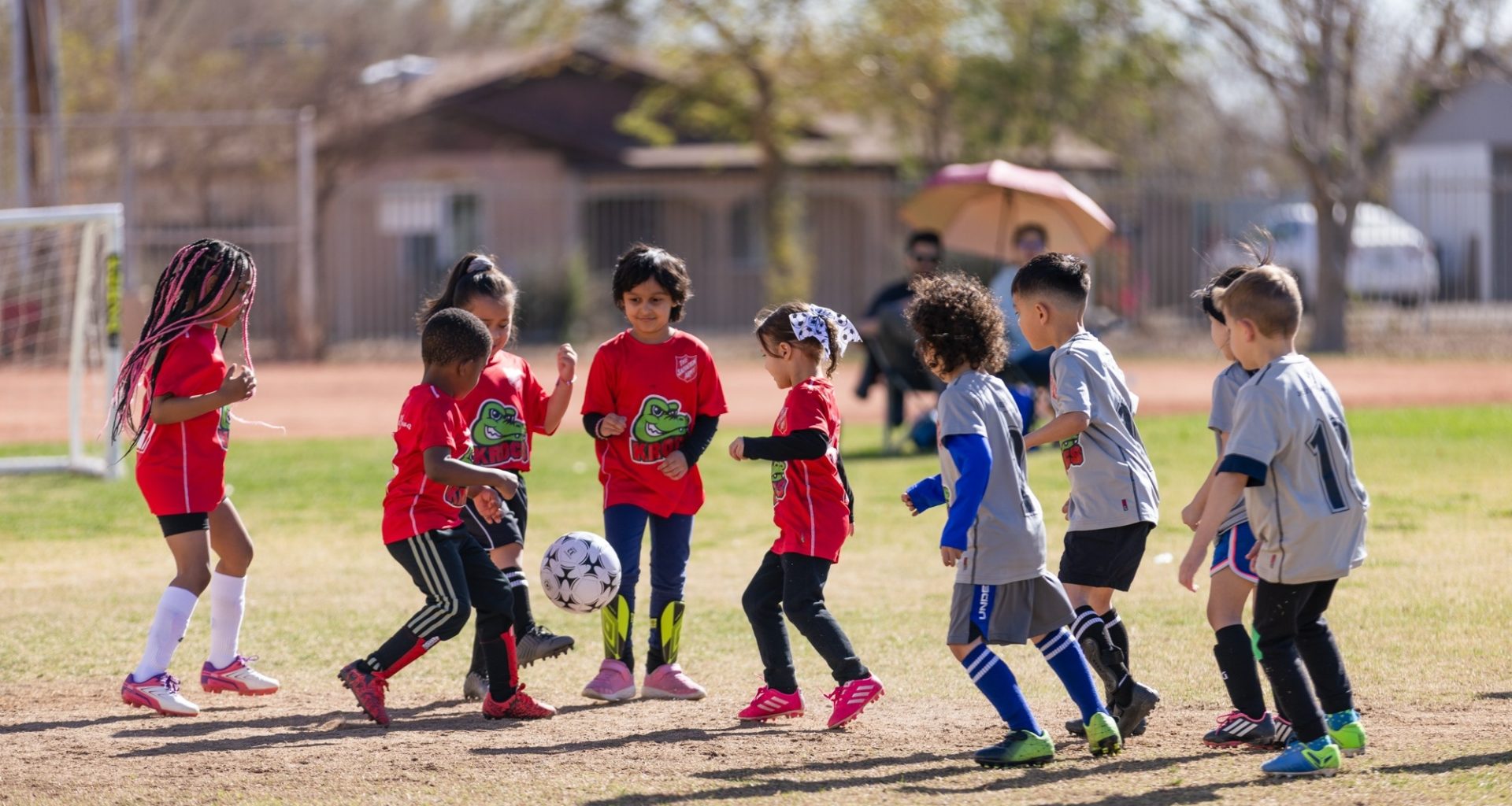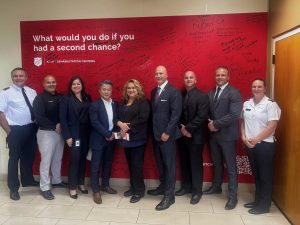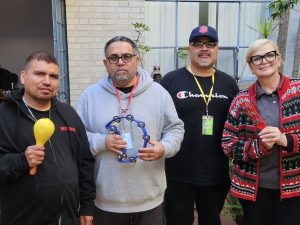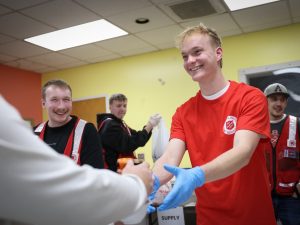Growing up has never been easy, but today’s young people face unique challenges thanks to social media, mental health concerns and other stressors.
Sonya Chavez has seen it firsthand as The Salvation Army Phoenix Ray and Joan Kroc Corps Community Center Director.
“Kids are dealing with self-confidence and really wanting to be heard and seen,” Chavez said. “They want to know that they have value and a place on this earth.”
Some kids might find the structure and community they need at school, but what happens after the bell rings? Caretakers may not have the time or resources to enroll kids in enriching extracurricular activities to help them thrive.
The Salvation Army programs aim to fill the gap, supporting kids after school with a variety of safe and affordable activities.
1. Arts
Between buying instruments and hiring instructors, the cost of music lessons can add up quickly—especially for parents on a budget. And other performing arts, like dance and musical theater, require a similar investment.
In communities across the western U.S., The Salvation Army aims to provide low-cost, high-quality art programs for children of all ages and skill levels.
At The Salvation Army Anaheim (California) Red Shield Community Center, the Freer Forte music program charges $100 for 16 weeks of group music lessons in the spring and fall, and $50 for a 7-week summer session. Students can choose to learn drums, guitar, ukulele, keyboard, singing or musical theater, and showcase their skills at an end-of-session recital.
The program allows young people of all backgrounds to enjoy the myriad benefits of music education.
“In a time when many kids are hooked on video games and social media, music provides a creative outlet that encourages focus, discipline and expression,” said James Grover, Freer Forte’s guitar instructor.
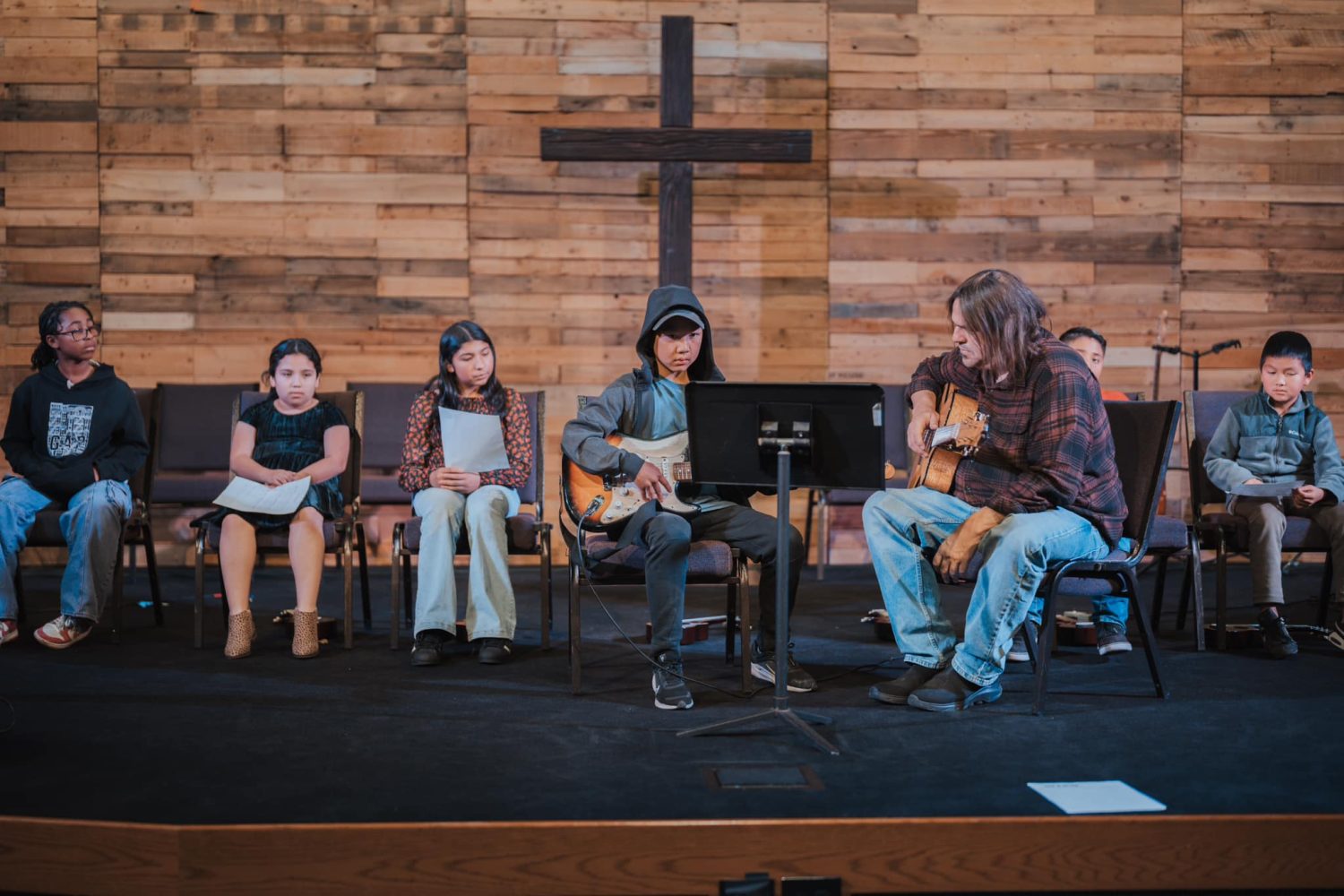
2. Sports
At the Phoenix Kroc Center, some 500 kids register for recreational sports—including volleyball, basketball, flag football, soccer, T-ball and boxing—every seven-week season. With a fee of only $100 (jerseys included!) and scholarships for low-income families, the program aims to be as accessible as possible.
After all, as Chavez said, sports can change kids’ lives. It keeps them healthy, provides a sense of community and teaches valuable lessons.
“It’s just the confidence, the discipline, the way they respect people and the relationships they build with their coaches,” Chavez said.
3. Technology
At The Salvation Army Los Angeles Red Shield Community Center, the Lakers Technology Room offers computers, 3-D printers and virtual reality headsets for kids to use after school, potentially unlocking new educational and career opportunities.
“We wanted to empower them with the fun components in technology so they can explore: Can they be engineers? What can they do?” said then Center Director Francisco Medina.
To that end, the center offers classes in computer coding, graphic design, robotics and more, all included in the monthly membership fee which ranges from $3.75 to $6 for kids and teens. Elsewhere, similar technology classes might cost upward of $300 a month.
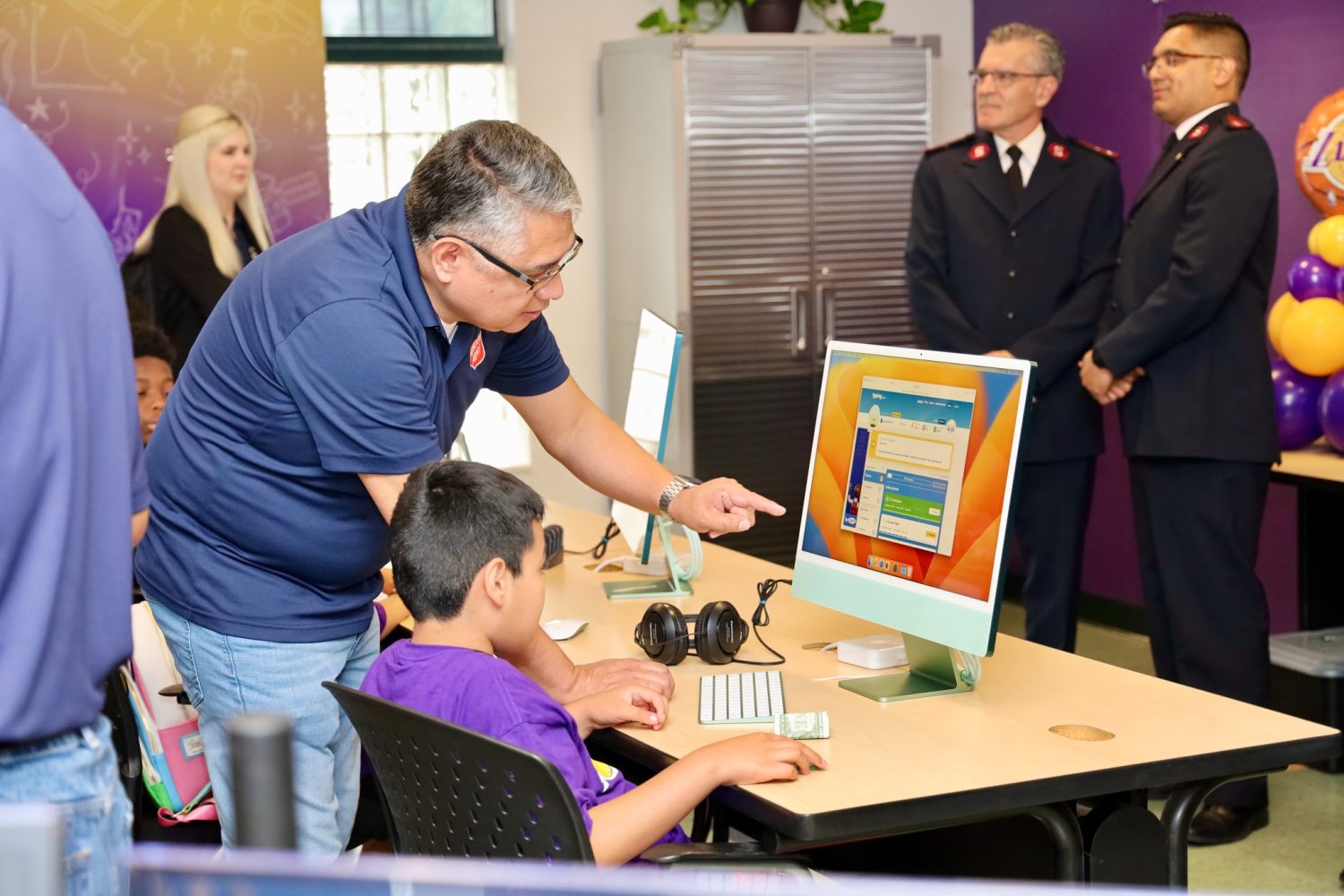
4. Self-sufficiency
Certain life skills are essential for adulthood, but not all young people are able to learn those skills from their parents.
The Salvation Army Ray and Joan Kroc Corps Community Center San Francisco, located in the city’s Tenderloin neighborhood, created its Teen Drop-In Center with those young people in mind. At the center, teens can take cooking classes, learn to code and get homework help—all in a safe and supportive environment.
“Basically, the disconnected youth in our area don’t have opportunities to learn these skills because their parents may not be in the picture,” said Kroc Center Program Director Katherine Au. “Or sometimes their parents are busy working. We want to teach some useful skills. That is the hope.”
5. Spirituality
Across the U.S., The Salvation Army invites young people to enroll in Corps Cadets, a Bible study program, or attend weekly Sunday School. But spiritual growth is a key component across every facet of youth programming.
According to Corps Officer Captain Raghel Santiago, the music program at The Salvation Army Kauluwela Mission (Hawaii) Corps has created opportunities for young people to get more involved in church and even begin sharing their faith with others.
“[A music student] started to evangelize to his older sister and his younger brother, and they started coming to church now,” Santiago said.
And coaches at the Phoenix Kroc Center lead kids through devotionals before practice.
“We want to make sure they’re physically getting healthy and they’re active, but they’re also growing spiritually,” Chavez said.
Chavez said it all aligns with The Salvation Army’s mission.
“As a community center and as a church, we need to steward our people—especially our kids—really well,” she said.
Do Good:
- Are you best suited to Do Good in disaster relief? Mental health? Social justice? Take our What’s Your Cause quiz and discover where you can make the biggest impact today.



